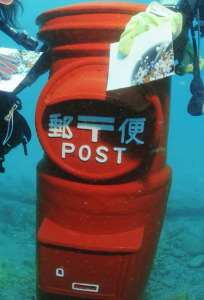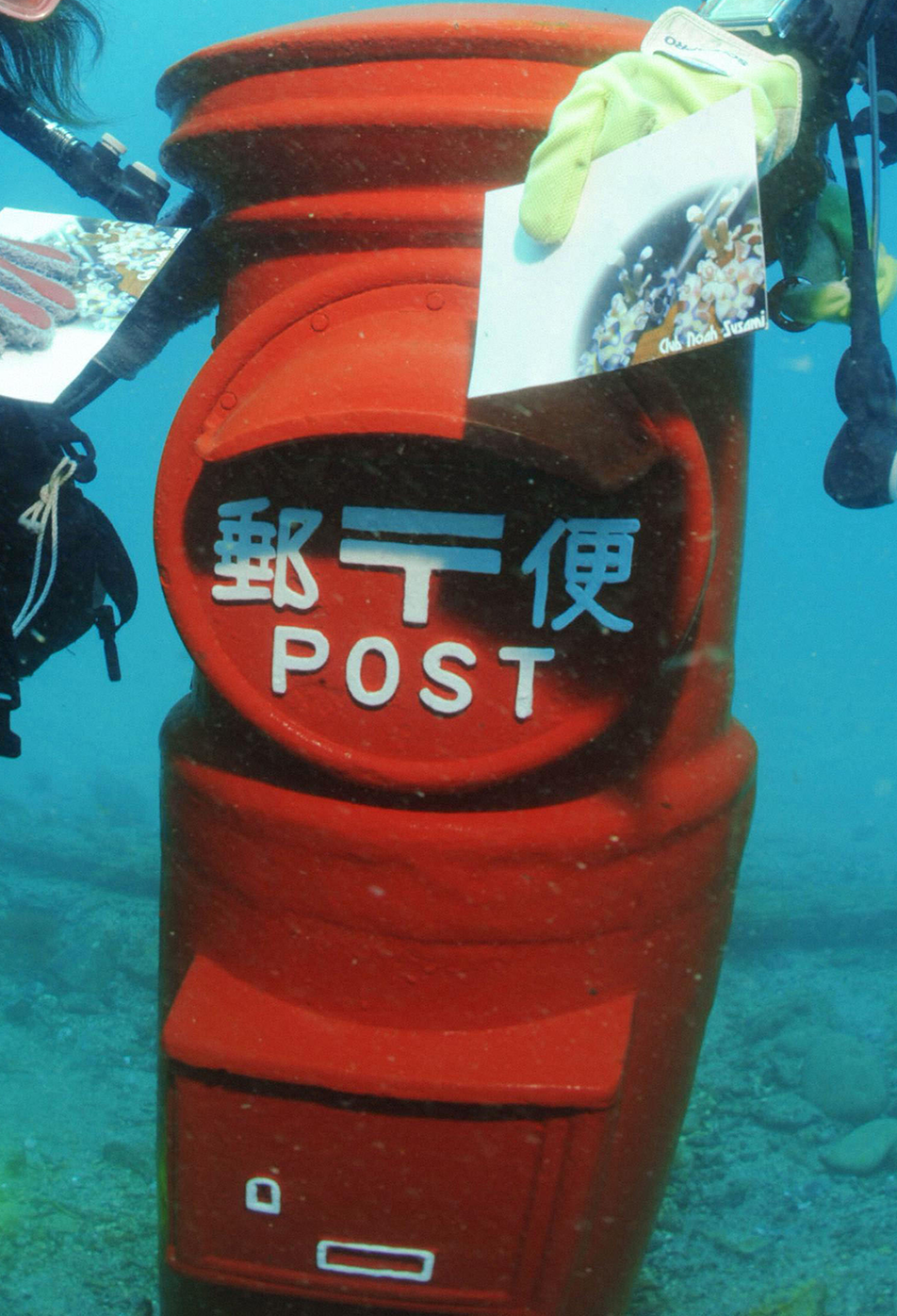Strange but True
CONTRIBUTED BY: SAMANTHA WEAVER

- Any novelty seeker planning a trip to Japan ought to include a trip to the town of Susami, home to the world’s deepest underwater postbox. A scuba diver who would like to send a unique message should head to the local dive shop and buy a special water-resistant postcard, then use an oil-based marker to write the message. On a dive off the town’s coast, the diver can head down 30 feet to deposit the mail in a red postbox, which is checked every few days by a dive-shop employee. All the postcards are then taken to the local post office and sent on to the recipients.
- It was President John F. Kennedy who defined happiness as “the full use of your powers along lines of excellence.”
- Considering the ever-increasing cost of postage, you might be surprised to learn that the U.S. Postal Service was free until 1863.
- Milton Hershey, creator of the iconic Hershey Bar and founder of the Pennsylvania company town that bears his name, grew up in a Mennonite family, working on the family farm. He had no formal schooling past the fourth grade. He served as an apprentice to a candy maker, then started his own confectionery. It failed. His second attempt also was a failure. His third attempt in the candy business was such a success that he sold the company for a large profit in 1900. He immediately used the proceeds from that sale to come up with his own formula for milk chocolate and create the Hershey Company.
- Those who study such things say that 20 percent of American men have spent at least one night in jail.
***
Thought for the Day: “The artist is nothing without the gift, but the gift is nothing without work.” — Pablo Picasso
(c) 2014 King Features Synd., Inc.


The comment that “the U.S. Postal Service was free until 1863” is simply and totally wrong. Letter postage has NEVER been free in the United States. As a point of fact, from 1855 to June 30, 1863 letters cost 3 cents per half ounce for up to 3000 miles and 10 cents if sent over 3000 miles. As of July 1, 1863 the rate was reduced to 3 cents per half ounce regardless of distance within the United States.
Please print a correction/retraction.